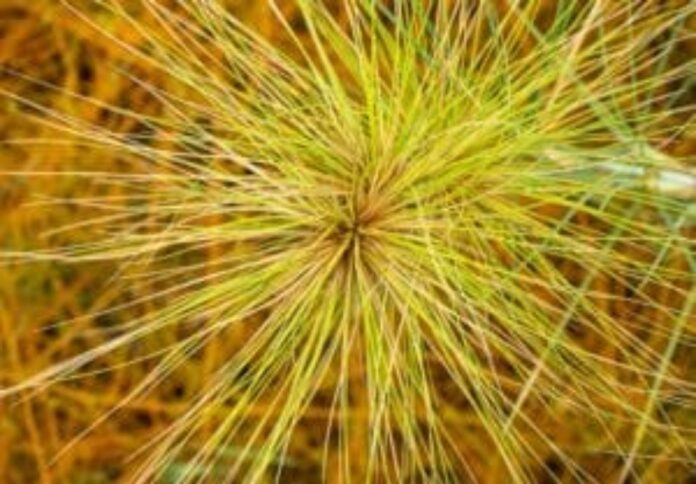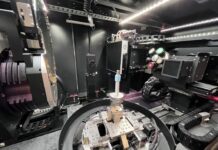
Trioda Wilingi, a University of Queensland spin-out company, will use the traditional Indigenous knowledge of spinifex to develop innovative medical gels, following an agreement between Bulugudu and UniQuest.
According to a media release, Trioda Wilingi has the exclusive global rights to develop novel injectable spinifex medical gels, from cellulose nanofibres extracted from spinifex, which can be used to treat arthritis and osteoarthritis; help deliver drugs more efficiently to the body; and in cosmetic procedures.
The concept was developed with the help of the Australian National Fabrication Facility (ANFF).
According to preliminary data, spinifex nanofibre-based gels will likely last longer, be simpler to inject, and could be safer than current medical gel solutions.
Currently, Trioda said businesses all around the world are producing nanofibres from materials including wheat straw, sugar beet, carrots, and wood pulp using complicated, energy-intensive procedures.
The University of Queensland, through the Australian Institute for Bioengineering and Nanotechnology (AIBN), discovered that spinifex has a unique chemistry that yields stronger, longer, thinner, and more flexible nanofibres.
“The spinifex fibres we produce are typically around three to four nanometres thick, about 20,000 times thinner than a human hair. They have an average length of about 1,600 nanometres, giving them an aspect ratio of about 500:1,” explained AIBN Director, Professor Alan Rowan.
“Indjalandji-Dhidhanu people have long known of the uses and the strength of spinifex grass,” says Colin Saltmere AM, director of Bulugudu.
“Our traditional uses include building shelters and using resin from the grass as an adhesive to attach spearheads, and seal water vessels,” the director added.
Meanwhile, Tim Case, interim CEO of Trioda Wilingi, explained that the company linked conventional knowledge of the plant and how it grows with the newest chemical nanotechnology developments to create the beginnings of a new industry.
Mr Case also expressed his enthusiasm about the future of Trioda Wilingi given the company’s “strong intellectual property position, a patented, secure and scalable supply chain, and a large, growing, global market.”
The investment opportunity was developed and led by ANFF-C, the new commercialisation arm of ANFF, which is part of Australia’s National Collaborative Research Infrastructure Strategy (NCRIS) funded by the Australian Government’s Department of Education.




















